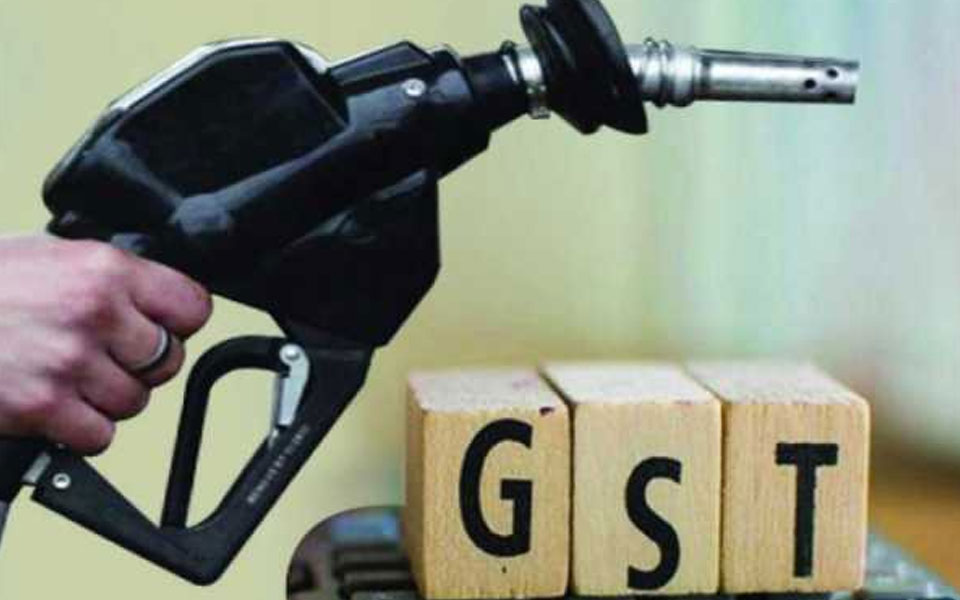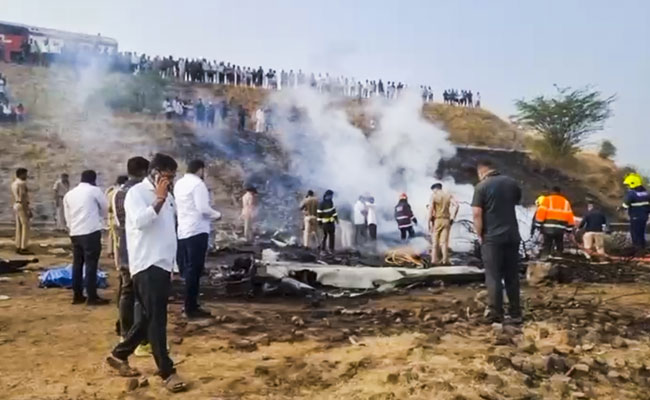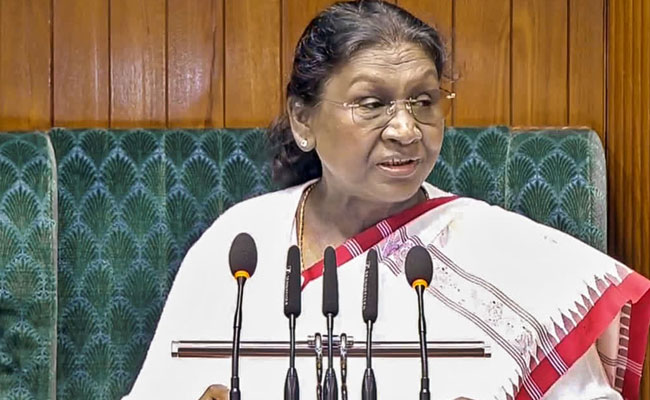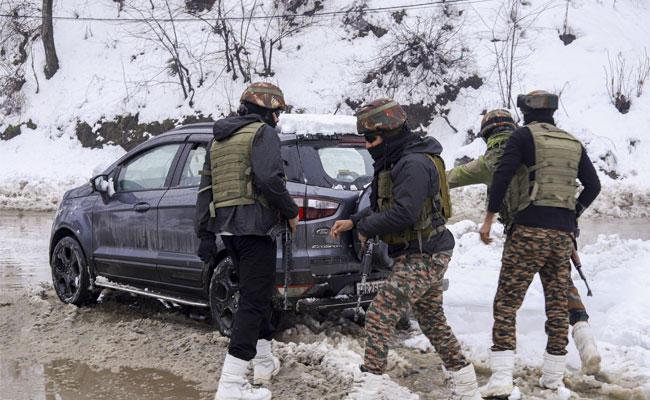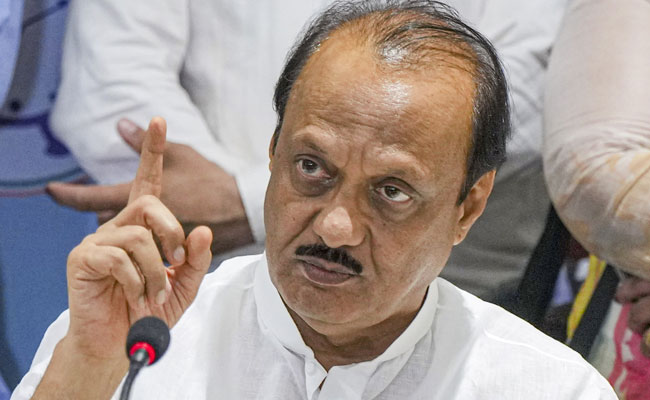A bandh called to protest the rising fuel prices was a total success. The whole credit of this success should go to Narendra Modi and no one else. This bandh was not a result of some pressure brought on another political party. The country responded voluntarily. The value of rupee is continuing to fall against the dollar. The devaluation of rupee and rising oil prices are two faces of the same coin. The government is stumped at their pace.
Today there are no economic experts within the government to explain why this has happened. Politicians are speaking the way it pleases them. Sanyasis and babas are confusing people. They are confusing people on social media by releasing fake and concocted stories. The moment someone raises a question about rising prices, the Modi followers are defending the government and speak about rising fuel prices during UPA period. There are fake sites like Post Card etc are floating stories that peddle such nuisance.
Instead of controlling rising fuel prices, the government is busy defending its decision, and preparing itself to face challenges that lie ahead. It means, the government will never reduce the prices. Also, this means “you must tolerate this for Modi’s sake”. Is it not possible to reduce the prices? Or does the government not want to do it? We need to find an answer to this question. Whose interest is the government trying to protect by acting like an innocent victim when it comes to rising fuel prices? It is not favouring people for sure. This increase in fuel prices can affect all other essential commodities too. To query on why the fuel prices were increasing, the government points finger at crude oil and decreased rupee value against global cues. The government says they cannot control the price of petrol. At the same time, the government is cleverly concealing the fact that other countries in Asia continent have priced their fuel lesser than India.
So why is India paying more for petrol and diesel? The whole reason for this is the taxes that are levied on the fuel. State and central governments add VAT to this. The central government is receiving Rs 19.48 tax for petrol and Rs 15.33 for diesel. Above this, the state governments add their VAT as well. The indirect taxes on petrol and diesel are 100% on petrol and 70% in diesel. If not for these taxes, despite the increase in crude oil, petrol and diesel could be sold at Rs 40 per litre. NDA is heavily dependent on oil products for its excise duty collection. The share of tax revenue collected during 2009-14 was about 8.9%. In 2014 – 15 and 2017-18, this average has increased to 12.5%. At the same time, the corporate taxes that was at 36.5% during UPA II, has come down to 30.7% with NDA> Income tax that stood at 19% during UPA II has increased to 21% during NDA. These numbers reveal the priorities of both governments.
On one hand, corporate tax has come down, and the share of tax of fuel consumers and income tax payers has increased. The poor and the middle class are being sucked dry to make things comfortable for the corporates. Hence if the unnecessary tax levied on fuel is brought down, the general public can breathe easy. There is a need to bring petrol and diesel like kerosene and LPG under GST tag. Even if they are levied with 28% GST, oil prices won’t cross Rs 55. The loss incurred here can be made good for, by way of removing tax holiday for corporate companies.
Data says government loses Rs 85,000 crore annually owing to tax holidays given to the corporate companies. For that, the government is baying for the blood of the poor, to ensure the rich ones live. This corporate-friendly approach in taxing people has forced people to the brink. The government needs to make clear whether the government is pro-poor or pro-rich in its approach.
Let the Truth be known. If you read VB and like VB, please be a VB Supporter and Help us deliver the Truth to one and all.
Hyderabad (PTI): The Aircraft Accident Investigation Bureau (AAIB) will probe the plane crash at Baramati airport that killed Maharashtra Deputy Chief Minister Ajit Pawar and four others on Wednesday.
The Learjet 46, operated by Delhi-based VSR Ventures, crash-landed at the airport. There were five people onboard, including the crew members, according to the aviation regulator DGCA.
A senior official told PTI that the AAIB will be visiting the crash site and it will be investigating the accident.
AAIB is responsible for classifying safety occurrences involving aircraft operating in Indian airspace as accidents, serious incidents, or incidents. It carries out detailed investigations into accidents and also suggests measures to improve safety.

